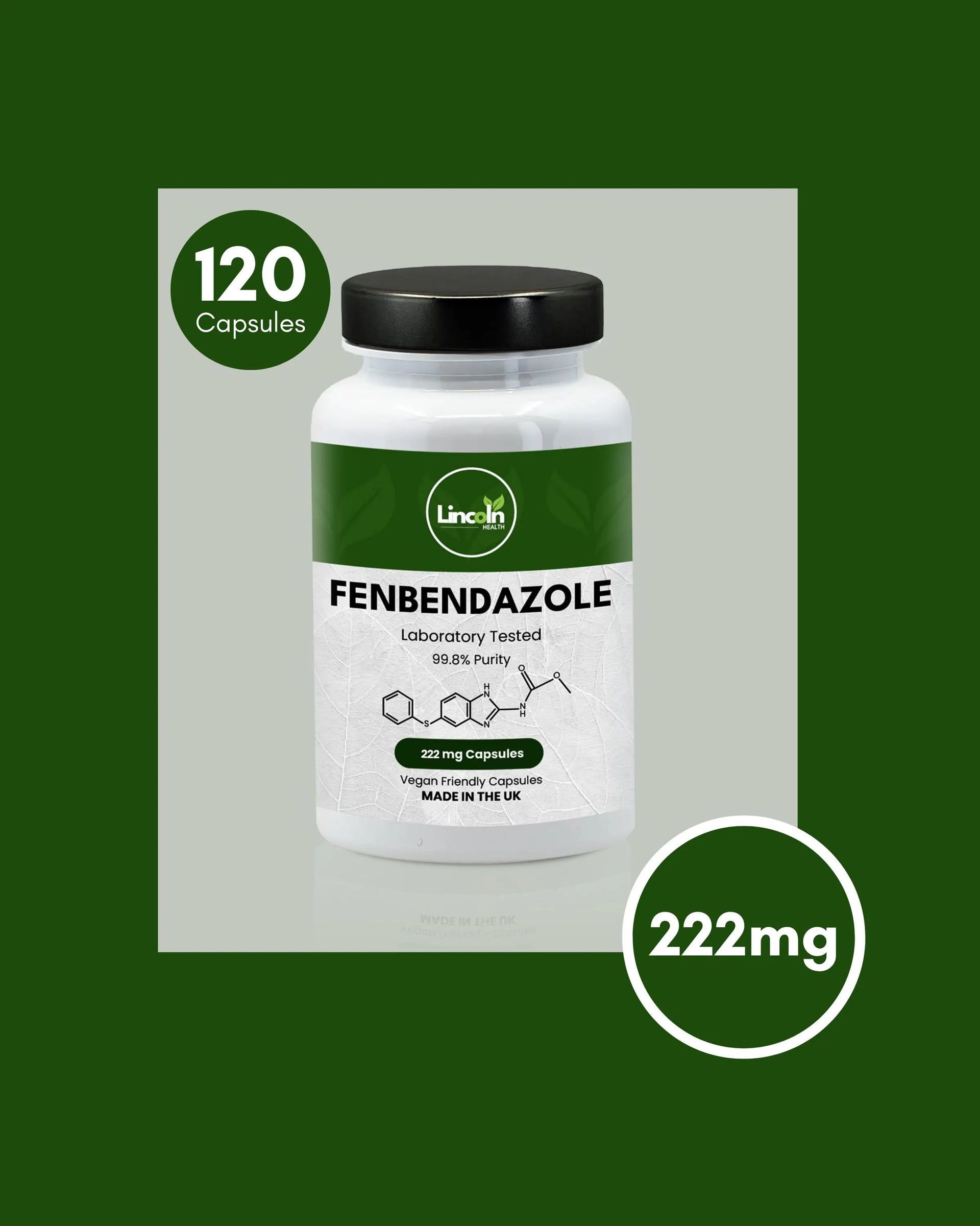222 mg fenbendazole: Safe Use in Dogs and Cats
Wiki Article
Recognizing the Conveniences and Uses of Fenbendazole in Vet Medicine
Fenbendazole has actually established itself as a key anthelmintic in veterinary medicine. Its capacity to target various parasitical infections makes it an important device for vets. The drug's device disrupts crucial cellular processes in parasites, causing reliable therapy results. However, its safety and security account varies in between species, necessitating cautious factor to consider in its usage. Understanding these characteristics can clarify fenbendazole's broader implications in vet treatment and continuous research into its potential past standard applicationsMechanism of Activity of Fenbendazole

Typical Parasitic Infections Dealt With With Fenbendazole
A selection of parasitical infections are successfully treated with fenbendazole, making it a flexible choice in vet medicine. This anthelmintic representative is particularly efficient against nematodes, including roundworms and hookworms, which frequently influence dogs and felines. It is additionally used for the treatment of cestodes, such as tapeworms, giving a broad spectrum of activity versus both sorts of intestinal tract parasites. Furthermore, fenbendazole is beneficial in handling infections brought on by protozoa, specifically Giardia, which can result in stomach distress in pets. Its efficacy encompasses dealing with certain lungworms in dogs and felines, resolving respiratory system health worries connected to these bloodsuckers. On the whole, fenbendazole's capacity to target numerous parasitic species makes it a valuable device in veterinary method, making certain the health and wellness and wellness of animals influenced by these common infections.Safety and Efficiency in Different Animal Types
The security and effectiveness of fenbendazole vary among different pet types, underscoring the relevance of species-specific considerations in veterinary medication. In dogs, fenbendazole is generally well-tolerated and reliable versus an array of intestinal bloodsuckers, consisting of roundworms and hookworms. For felines, nevertheless, its use is less typical and may require careful application because of potential unfavorable reactions.In livestock, such as livestock and sheep, fenbendazole demonstrates efficiency against numerous endoparasites, adding to improved health and efficiency. The pharmacokinetics and potential side impacts can differ noticeably between varieties, requiring mindful analysis by veterinarians.
Horses additionally respond favorably to fenbendazole, specifically for dealing with strongyles and ascarids, though dosage and management paths have to be tailored to their one-of-a-kind physiology. Consequently, understanding these differences is essential for optimizing therapy outcomes and making sure animal well-being throughout diverse species.
Management and Dosage Guidelines
Appropriate administration and dose guidelines are vital for taking full advantage of the therapeutic read results of fenbendazole while reducing possible negative effects. The dosage generally varies depending on the types being treated, the specific problem, and the formula of fenbendazole utilized. fenbendazole. For pet dogs and felines, a common dosage is 50 mg/kg body weight, administered daily for three consecutive days, yet veterinarians might readjust this based on individual health and wellness assessmentsIt is vital to provide fenbendazole with food to boost absorption and decrease stomach trouble. The medication is offered in different types, consisting of granules and paste, permitting versatile management alternatives. Keeping track of the animal's response during and after therapy is recommended to confirm efficacy and safety. Additionally, veterinary assistance is important to identify the suitable duration of treatment based on the sort of parasitical infection being dealt with, ensuring excellent end results for the animal's health.
Future Viewpoints and Study on Fenbendazole
Study on fenbendazole remains to advance, concentrating on its potential applications beyond conventional antiparasitic uses. Recent studies have actually explored its effectiveness in dealing with various types of cancer cells, particularly in veterinary oncology. Preliminary data recommend that fenbendazole might hinder the development of tumor cells and boost the results of various other chemotherapeutic representatives.Researchers are examining its role in handling gastrointestinal disorders in animals, highlighting its anti-inflammatory residential or commercial properties. The adaptability of fenbendazole for different varieties raises questions concerning its safety look at here now and security accounts and ideal dosing regimens in diverse populaces.
As rate of interest expands, there is a need for complete medical tests to establish evidence-based guidelines for these unique applications. Future study might also check out the devices behind fenbendazole's effects, potentially paving the means for cutting-edge restorative strategies in vet medicine. The ongoing expedition of fenbendazole might significantly improve therapy alternatives for different vet problems.

Regularly Asked Questions
Is Fenbendazole Safe for Pregnant Animals?
The security of fenbendazole for expectant pets stays uncertain. While some researches recommend marginal threat, vets commonly suggest care and often advise versus its use throughout pregnancy unless the benefits plainly surpass potential risks.Can Fenbendazole Be Utilized in Animals?
Fenbendazole is frequently used in animals to deal with various parasitical infections. fenbendazole 444. Its effectiveness versus stomach worms makes it an important anthelmintic, adding to boosted wellness and performance in animals raised for visit their website food and fiberWhat Are the Adverse Effects of Fenbendazole?

The negative effects of fenbendazole may consist of intestinal disturbances, sleepiness, and allergies. In unusual cases, more severe responses might happen, necessitating mindful surveillance and examination with a vet during therapy.
Just How Does Fenbendazole Contrast to Other Dewormers?
Fenbendazole supplies broad-spectrum efficacy against numerous parasites, typically comparing positively to various other dewormers. Its one-of-a-kind mechanism targets various life phases, making it effective, while normally providing a positive security profile contrasted to options readily available on the market.Can Fenbendazole Be Made Use Of for Dealing With Cancer Cells in Pet Dogs?
The possibility of fenbendazole in treating cancer in pets has gathered rate of interest. Preliminary studies recommend it may hinder cancer cells cell development, but further study is needed to validate its effectiveness and safety in veterinary oncology.Report this wiki page